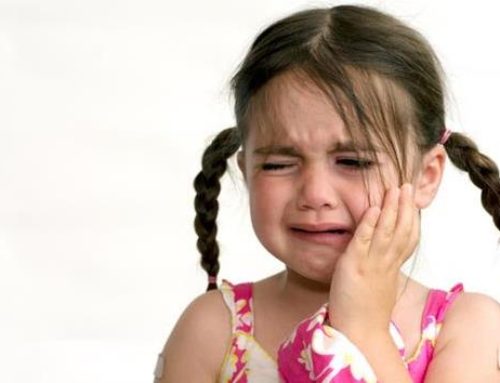We constantly read about the negative impact of divorce on children. We, as parents know that our children need special concern and attention while we navigate the divorce process and rebuild our lives. And, we attempt to give them everything they are owed.
We rarely hear about the positive impacts of divorce or the ways divorce can change our children for the better. Change them in ways that will, contrary to belief be beneficial as they grow. In spite of what you read children of divorce learn some very positive life lessons that are not always negative ones.
10 Positive Lessons Children Can Learn From Divorce:
1. Children learn that two people who thought they would spend their lives together and raise their children together can make the decision that what is best for their family is to not be together anymore. They learn that when two people fight all the time, despite the harrowing and scary decision to divorce, it is for the betterment of their children and themselves to not stay together.
They learn that marriage is hard and sometimes it doesn’t work and instead of living together unhappy, adults can make the difficult decision to live separately and be happier, either with someone else or alone. They get to live without the stress of living with parents who are either fighting a lot, not interacting much with each other, or are in a strained relationship. This then leads to children who are more relaxed and happier.
2. When two parents can co-parent well, their children learn how, despite their parents deciding to not stay together, they can still both focus on being the best parents they can be to their children. They learn that some people can get along better and parent better when they live apart.
3. You are modeling for your children that you deserve to be in a happy, loving relationship which is a lesson that will serve them well. You are also modeling for them how to get through a very stressful situation. They learn how to grow in the face of hardship. They learn how to find their own power and voice. They also learn that people have to live with the consequences of their actions.
4. Children learn the magnitude of the idea of marriage. They learn the importance of waiting when they are older before making a commitment to another person; The importance of taking a relationship slowly before committing so they make sure they really get to know the other person.
5. Children learn the importance of having close relationships with their siblings. Who knows better about what they are going through than their sibling who is going through the same thing at the same time?
6. Children get more quality time with each parent and get to experience mentally healthier parents (if the parents get themselves help). More often than not, children of divorce experience more professional help- at least second hand from their parents getting help. They learn it is okay to ask for help and to get it when it is needed; that it is not a sign of weakness, rather, it is a sign of strength to get professional help when going through a difficult situation.
7. Children learn to be more empathetic towards others as it is more relevant to their lives when they see one of their friends having difficulty.
8. Children learn to become more self-sufficient. They learn a person is able to be on their own and take care of themselves without having to rely on another person if that person is someone with whom they are not happy.
9. Children learn how to communicate. Many children of divorce live in two different households. They need to learn ways to communicate with each parent in order to ensure their needs are met and that both parents know what is happening in their lives.
10. Children learn time management and organizational skills and also how to be more resilient and adaptable to change. Going back and forth between two households is one of the biggest complaints I hear from children of divorce. Because of this, these children learn quickly how to track their things, as well as their time.
Overall, it is best for kids to grow up in a household with two happy parents who are able to work together in positive ways to make their marriage last. For many people, however, this is not possible and their children would be better off living with two happy parents in two separate houses instead of two unhappy parents living under one roof.


